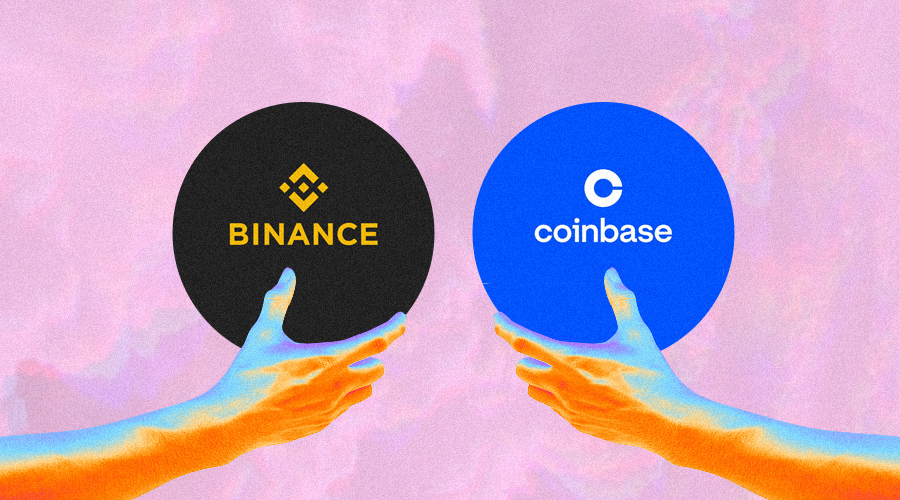 Binance vs Coinbase are two of the most popular cryptocurrency exchanges around the globe. Both the platforms have been around for several years. It’s been more than a decade for Coinbase as it was established in 2012, while Binance was founded five years later. Between Binance vs Coinbase, which one is better? The answer depends on what exactly you need, which crypto coins you want to trade, how much you’re willing to pay for commissions and other key factors.
Binance vs Coinbase are two of the most popular cryptocurrency exchanges around the globe. Both the platforms have been around for several years. It’s been more than a decade for Coinbase as it was established in 2012, while Binance was founded five years later. Between Binance vs Coinbase, which one is better? The answer depends on what exactly you need, which crypto coins you want to trade, how much you’re willing to pay for commissions and other key factors.
Who Should Pick Binance?
Binance offers a relatively secure, versatile way to invest in and trade cryptocurrencies. The platform could be overwhelming for both beginners and experienced traders. It does offer experiences tailored to different types of traders. More experienced investors can take advantage of the OTC Trading Portal, which provides a faster pricing option.
Binance Pros
- More than 150 tradable cryptocurrencies for U.S. customers
- Low fees
- Wide selection of trading options and order types
Binance Cons
- S. version is more limited
- The platform is complex and may be confusing
- No built-in digital wallet available
- Binance has run into regulatory trouble in several countries
Who Should Pick Coinbase?
Coinbase is one of the most trusted cryptocurrency exchanges today. It secures cash on FDIC-secured accounts, lets you securely connect and trade crypto via your bank account, and blocks suspicious accounts to ensure user safety.
Coinbase Pros
- Easy to use for cryptocurrency beginners
- Support for a large number of cryptocurrencies
- Opportunities to earn cryptocurrency
Coinbase Cons
- Potentially high transaction fees
- Customer service issues
- Coinbase controls your private keys
Binance vs Coinbase: Here are the key differences
Features:
Binance has multiple trading interfaces; multiple order types, including derivatives and futures; API keys; Low per-trade fees and on the other hand, Coinbase have simple interface; Buy, sell, and exchange; Price quoted in USD
Fees:
The difference in fees between Binance and Coinbase is fairly significant. Overall, Binance edges out almost all exchanges but KuCoin regarding fees (where it’s equal), with its ultralow 0.1% rate.
Coinbase charges users an average flat fee of approximately 0.50% per transaction. Additionally, it uses a convoluted fee structure that can eat up huge percentages of beginners’ crypto purchases.
Customer support:
Coinbase has grown its efforts here recently, adding 24/7 phone and chat support, much-needed features to prior options that included only email and a support ticket. Binance offers support tickets and recently added 24/7 online chat, which perhaps is part of the price you pay for its very low trading costs.
Access:
Binance is available in over 180 countries worldwide, but they built a separate platform for the U.S.-based users due to strict restrictions required by the United States. However, Coinbase is offered in 100 countries currently with its full platform available to United States residents as well.
Interest Rates:
One last area where Binance vs Coinbase share no similarities is their level of crypto rewards. Among the two, Coinbase is the only one where we could find the ability to earn rewards. Binance, on the other hand, pays much higher annual yields.




